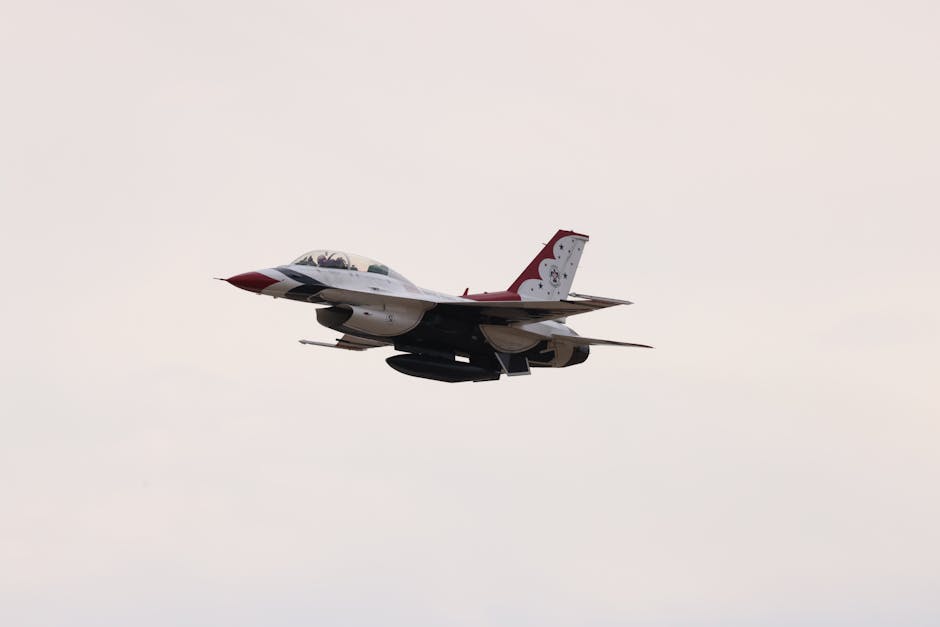Background and Incident
An Israeli airstrike conducted on Thursday targeted a Houthi site in Sanaa, Yemen, resulting in the death of Ahmed Al-Rahawi, the prime minister of the Houthi-controlled government, and several other senior officials. The Israeli Defense Forces (IDF) confirmed that the strike was aimed at a Houthi terrorist regime military target.
The airstrike, which was carried out using intelligence gathered by the IDF, hit a location where Houthi officials responsible for the use of force, military buildup, and advancement of terror actions against Israel were present. The IDF stated that it will continue to target all threats against Israeli civilians.
Houthi Leadership and Structure
The Houthis, also known as Ansar Allah, are an Iran-backed rebel group that has been involved in the Yemeni civil war since 2015. They have been designated as a foreign terrorist organization by the United States. The group has been engaged in a conflict with Israel, which was sparked by the Gaza war.
Ahmed Al-Rahawi, the prime minister killed in the airstrike, was a senior Houthi official and one of the most prominent leaders of the group. His death marks a significant escalation in the conflict between Israel and the Houthis.
Aftermath and Reactions
In response to the Israeli airstrike, the Houthis detained at least 11 United Nations staff members in Yemen, storming the international body's offices in Sanaa and the port city of Hodeidah. The UN special envoy condemned the detentions, calling them arbitrary and expressing concern for the safety of the detained personnel.
The Houthis also launched a missile at an Israeli-owned oil tanker in the Red Sea on Monday, following the Israeli airstrike. The incident has raised concerns about the potential for further escalation in the region.
Funerals and Reactions
Hundreds of people gathered in Sanaa, Yemen, for the funerals of Ahmed Al-Rahawi and other government officials killed in the Israeli airstrike. The Houthis have vowed to continue their resistance against Israel and have accused the Israeli government of aggression.
International Implications
The Israeli airstrike in Yemen has significant implications for the region and the international community. The incident has raised concerns about the potential for further escalation in the conflict between Israel and the Houthis, as well as the impact on the humanitarian situation in Yemen.
The United Nations has called for restraint and de-escalation, while also condemning the arbitrary detentions of UN personnel by the Houthis.
Conclusion
The Israeli airstrike in Yemen that killed Houthi Prime Minister Ahmed Al-Rahawi and senior officials has significant implications for the region and the international community. The incident has raised concerns about the potential for further escalation in the conflict between Israel and the Houthis, as well as the impact on the humanitarian situation in Yemen.
